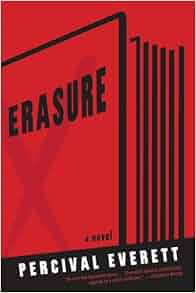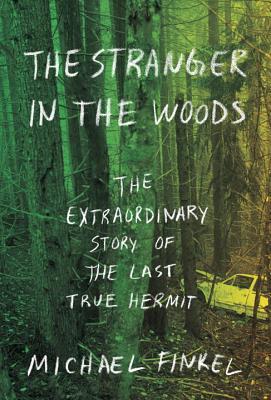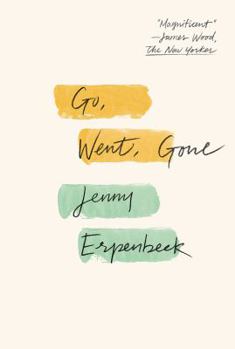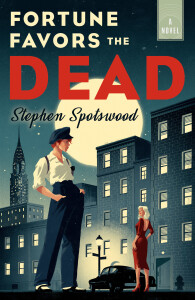
Several friends have recommended the film American Fiction, and of course I wanted to read the novel first. Thelonious Ellison, nicknamed Monk in reference to the great jazz musician and composer, teaches at a California college and writes dense, experimental novels that attract almost no readers and the criticism that they do not reflect the African American experience. My immediate thought was: okay, we’re in fantasyland. In real life, such a writer would not be able to have a second novel printed, much less—I think it’s four—and retain a devoted literary agent.
As his latest novel racks up rejections from publishers, Monk is incensed that debut novel We’s Lives in Da Ghetto, written by a middle-class black woman who once visited “some relatives in Harlem for a couple of days,” is a huge bestseller and will be a movie. It embodies all the worst racial stereotypes, but is being hailed as a genuine and brilliant representation of the African American experience, a criticism frequently aimed at Monk’s work. Apparently it’s a takeoff on the real 1996 novel Push by a person using the pseudonym Sapphire.
Monk is infuriated not only by the praise and commercial success of this exploitative novel but also by the publishing industry and book-buying public’s obliteration of the experience of the many African Americans like himself. So he writes his own parody of these stereotypes and sends it to his agent using the obvious pseudonym of Stag R. Lee. He assumes everyone will recognise it for the satire that it is, and is shocked when it sells for a six-figure advance and a seven-figure movie deal.
Meanwhile, he is wrestling with family issues. His mother and sister in Washington, D.C. need his help, while his brother is suffering the personal and professional fallout of having come out as gay. Presenting a paper at a conference in D.C. gives him the opportunity to see his mother and sister, but also entails encounters with bitter literary rivals of his own.
A big chunk of the book is a complete version of his surprisingly successful novel, which I found painful to read. Well, I didn’t read more than the beginning and the end. I began to think that Everett’s real purpose with this novel was to laugh at all the snobby readers who agreed with Monk’s anger at the praise of anything reinforcing these heinous racial stereotypes, and then devoured and praised an example of the same.
Oh, and look! Commercial success for Everett’s book and now a movie deal. Very meta.
Everett also inserts the complete paper Monk presents at the conference, a send-up of semiotics. A little of each was enough. Satire that goes on too long becomes boring. On the other hand, I thought the frame story of the family was well done, especially the mother’s descent into Alzheimer’s. I began to think that this would have been better as a good novella or even a short story.
A little more thought led me to the realisation that—trying not to give away too much here—Monk in the frame story is actually doing the same things his protagonist in the parody does and experiencing the same frustrations; only the details are different. More meta; interesting, but not enough to sell me on including all the dreck.
Another thing I liked about the frame story was the representation of a writer’s mind. Every now and then Monk would get a story idea and create a short scene for it, or a thought would prompt him to create a short dialogue between two historical figures, philosophers, artists, etc. Plopped right into the story, these were brilliant. Been there, for sure.
There were a few more fantasyland moments, undercutting the supposed realism of the frame story. Overall, though, I found a lot of the book hilarious, boring at times, infuriating at others. A good workout!
Have you seen American Fiction or read the novel on which it’s based? What did you think of them?



